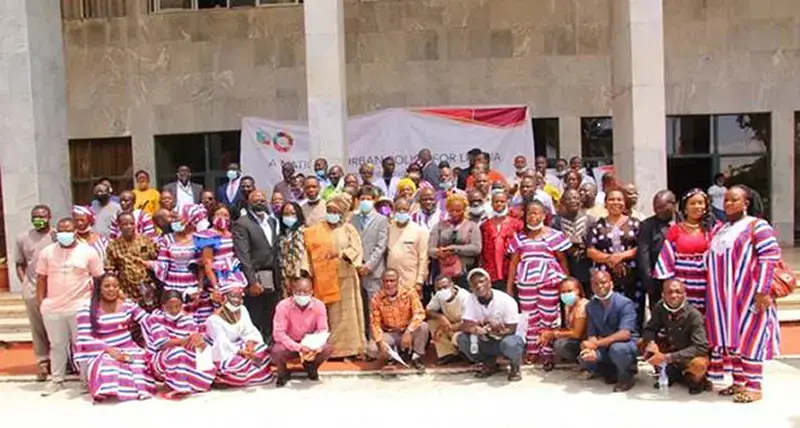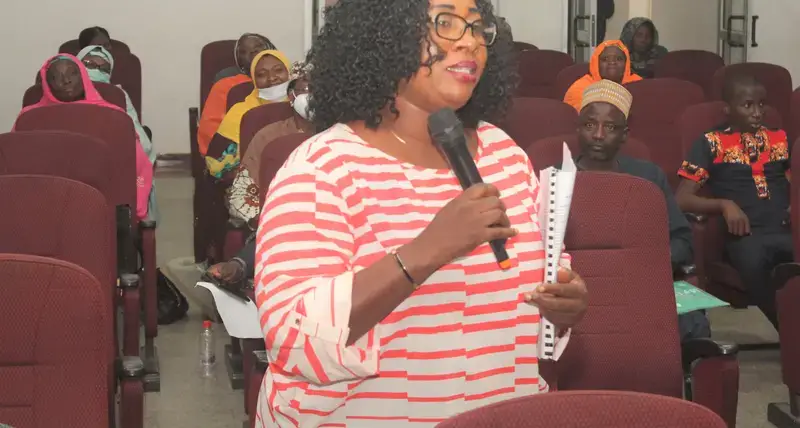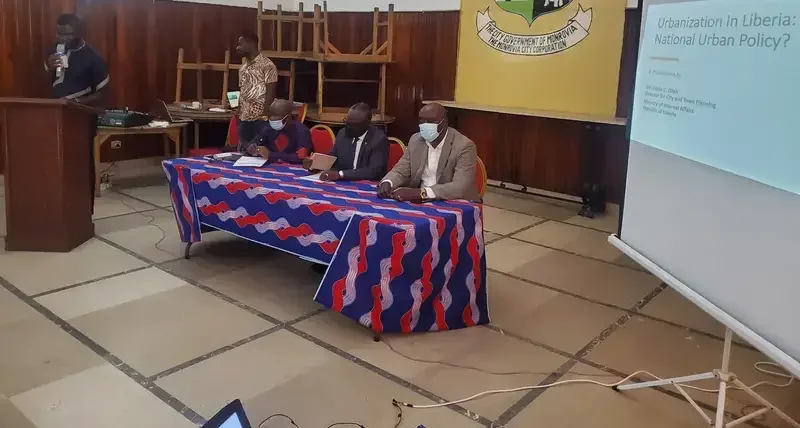What is National Urban Policy?
National Urban Policy (NUP) is understood as “a coherent set of decisions through a deliberate government-led process of coordinating and rallying various actors towards a common vision and goal that will promote more transformative, productive, inclusive and resilient urban development for the long term” (UN-Habitat/Cities Alliance, 2014). The uniqueness of NUP also lies in its ability to converge national sectoral urban polices and help to clarify roles and responsibilities horizontally across ministries as well as vertically between all levels of government.
A NUP provides the required coordination mechanism needed to promote equitable urban development. Implementing NUP could lead to enhanced local and national economic growth and ensure an equitable quality of life for all while protecting the environment. As a coordinating framework, NUP should not only be comprised of a list of corrective measures but also encourage proactive actions that foster economic, social and environmentally sensitive development.
Why do we need a National Urban Policy?
Urbanization in most developing countries is bringing about enormous changes in the spatial distribution of people, resource, as well as the use and consumption of land. Although such a process is strongly linked to social and economic development, many countries lack the supporting policies and frameworks that can leverage the process for increased development gains and guide it towards sustainable patterns. While urbanization creates huge wealth and opportunities, enables better use of assets and creates new ones, in many countries, particularly in the developing world, these aspects are not harnessed for development. In fact, in the developing world, urbanization challenges often seem to outpace the development gains.
In order to harness urbanization, mitigate its negative externalities and promote an “urban paradigm shift”, there is need for a coordinated approach and clear policy directions. This is lacking in many countries, where several government departments are in charge of dealing with different aspects of the urbanization challenge. Moreover, urbanization is not considered a national development opportunity. In general, the overall understanding of cities in national development is very limited, and so is the appreciation of the structural transformations represented by the dynamics of growth in urban centres.
The National Urban Policy Process
The development of a national urban policy is the key step for reasserting urban space and territoriality. It is also vital in providing the needed direction and course of action to support urban development. The Policy provides an overarching coordinating framework to deal with the most pressing issues related to rapid urban development, including slum prevention and regularization, access to land, basic services and infrastructure, urban legislation, delegation of authority to sub-national and local governments, financial flows, urban planning regulations, urban mobility and urban energy requirements as well as job creation.

UN-Habitat’s Support for National Urban Policy
Brazil, China and South Africa are examples where clear national urban policies have been vital in orientating action to tackle inequality and to energize the development process. UN-Habitat has supported several urban policy development processes including those of Burundi, Malawi, Mongolia and Sri Lanka (National Urban Sector Policy Framework).
UN-Habitat’s contribution to a national urban policy includes country assessment; advice on setting up of national processes and stakeholder participation; documentation of good practices to support national processes; analysis of urban planning policies and instruments; facilitation of local-national dialogue on reforms; dissemination and capacity development on the urban policy across the full range of actors.
The results expected with the development of a national urban policy are:
- The identification of urban development priorities towards socially and economically equitable and environmentally friendly urban and national development;
- Guidance on the future development of the national urban system and its spatial configuration concretized through national and regional spatial plans for territorial development;
- Better coordination and guidance of actions by national actors, as well as lower levels of government in all sectors;
- Increased and more coordinated private and public investments in urban development and consequent improvement of cities’ productivity, inclusiveness and environmental conditions.
Global Catalogue of National Urban Policies 2018
The UN-Habitat National Urban Policy Database and Catalogue provide a global overview of the state of urban policy at the national level. They gather country-level data (when available) on the existence of relevant NUPs, dates of formulation, implementation, and monitoring and evaluation (as appropriate) main themes of these policies, the leading ministries and main actors, and, when possible, links to the policy documents. The aim of these tools is to gather pertinent information on National Urban Policies in a central location and therefore make available a broad overview of the state of National Urban Policy globally.


